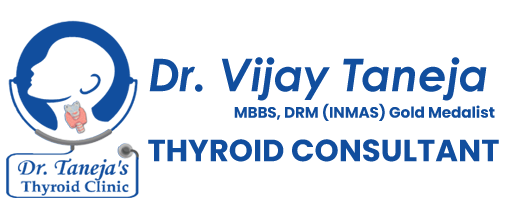

Hyperthyroidism is a thyroid disorder marked by an overproduction of thyroid hormones, primarily thyroxine (T4) and triiodothyronine (T3). These hormones are essential for regulating metabolism, so when levels become excessively high, a range of symptoms and health issues can arise. The most common cause of hyperthyroidism is an autoimmune condition known as Graves’ disease, where the immune system mistakenly stimulates the thyroid to produce excess hormones. Other causes include thyroid nodules—noncancerous growths that independently release hormones—and thyroiditis, an inflammation of the thyroid gland.
Symptoms of hyperthyroidism are often noticeable and can include rapid heartbeat (tachycardia), unexplained weight loss, excessive sweating, anxiety, irritability, tremors, heat intolerance, and muscle weakness. People with hyperthyroidism may also develop bulging or irritated eyes (exophthalmos), particularly in cases of Graves’ disease. Diagnosis typically involves blood tests to measure levels of thyroid-stimulating hormone (TSH), T4, and T3. In hyperthyroidism, TSH levels are generally low, while T4 and T3 levels are elevated. Additional diagnostic tools, such as thyroid ultrasound or a radioactive iodine uptake scan, may be used to help identify the underlying cause.
Treatment for hyperthyroidism aims to reduce thyroid hormone levels and ease symptoms. The choice of treatment depends on the cause, symptom severity, age, and overall health of the individual. Common treatments include:
Antithyroid Medications: Drugs like methimazole or propylthiouracil (PTU) are used to inhibit thyroid hormone production. They often serve as a temporary management strategy or bridge to a long-term solution.
Radioactive Iodine Therapy: This approach involves ingesting radioactive iodine, which targets and gradually destroys overactive thyroid cells. It is frequently used for patients with Graves’ disease.
Thyroid Surgery (Thyroidectomy): Partial or total removal of the thyroid may be recommended, especially if other treatments have been ineffective or if thyroid nodules are present.
If left untreated, hyperthyroidism can lead to serious complications, including heart issues, osteoporosis, and, in extreme cases, a potentially fatal condition called thyroid storm. Prompt diagnosis and treatment are crucial to managing symptoms and reducing these risks. In summary, hyperthyroidism results from an excess of thyroid hormones, commonly due to Graves’ disease, and can have significant effects on health. Treatment options, ranging from medications to radioactive iodine and surgery, are tailored to each patient’s needs. Early diagnosis and effective management are essential to controlling hyperthyroidism and minimizing associated complications.